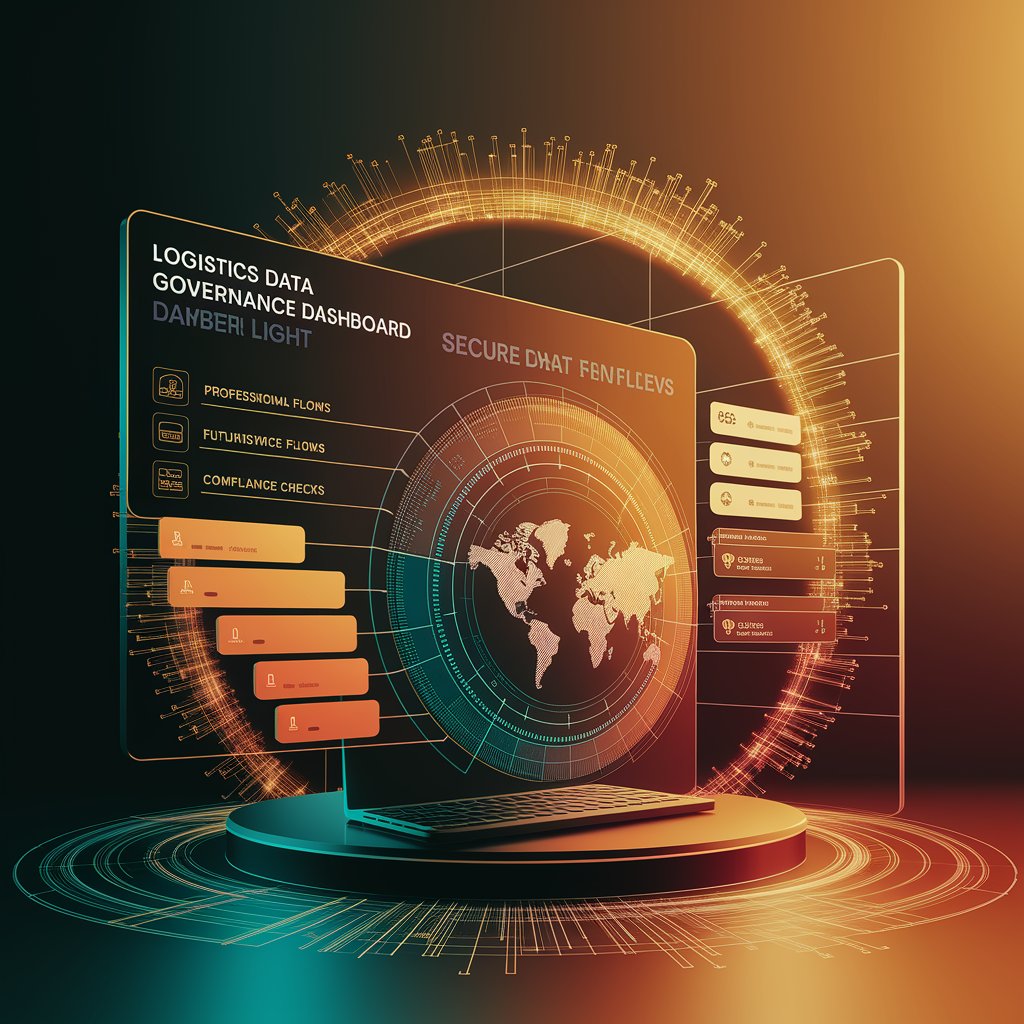Logistics Data Governance: Building Trust and Accuracy in Supply Chains

Introduction
This is where logistics data governance becomes essential. By implementing structured policies, processes, and technologies, companies can ensure that supply chain data is accurate, secure, and compliant—transforming data into a strategic asset.
What Is Logistics Data Governance?
Logistics data governance is the framework of rules, responsibilities, and technologies that ensure logistics data is managed consistently and responsibly across an organization. It defines who owns the data, how it is collected, stored, and shared, and how it aligns with regulatory and business requirements.
It is not only about compliance—it is about trust, efficiency, and smarter decision-making.

Key Features of Logistics Data Governance
- Data Quality Management: Standardizing entries and reducing errors.
- Compliance Controls: Meeting global trade, customs, and privacy regulations.
- Access Policies: Ensuring only authorized users can view or edit data.
- Audit Trails: Tracking changes to maintain accountability.
- Integration: Connecting TMS, WMS, ERP, and CRM systems for unified data.
Benefits for Logistics Providers
- Improved Accuracy: Reduce costly errors in shipment, billing, and compliance data.
- Faster Decision-Making: Reliable data supports analytics and AI-driven insights.
- Regulatory Compliance: Avoid fines and legal risks by following standards.
- Customer Trust: Transparent, accurate data builds long-term relationships.
- Operational Efficiency: Eliminate redundancies and streamline reporting.

Real-World Applications
- Freight Forwarders: Ensure invoices and customs documents are error-free.
- Carriers: Standardize fleet data for better scheduling and fuel reporting.
- 3PL Providers: Provide clients with unified, accurate performance dashboards.
- E-commerce Logistics: Maintain consistent order, tracking, and returns data.
The Future of Logistics Data Governance
The future of logistics data governance will integrate AI, blockchain, and automation. AI will continuously monitor data quality, blockchain will secure records against tampering, and automation will enforce compliance rules in real time. Ultimately, governance will evolve into self-regulating data ecosystems that support predictive analytics and autonomous supply chains.

Conclusion
Logistics data governance is no longer optional—it is the foundation of accurate, compliant, and customer-centric supply chains. By establishing clear rules and leveraging technology, logistics providers can unlock the true value of their data, improve decision-making, and build trust with clients. For companies aiming to scale globally, strong data governance is the key to sustainable growth.
